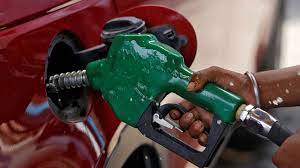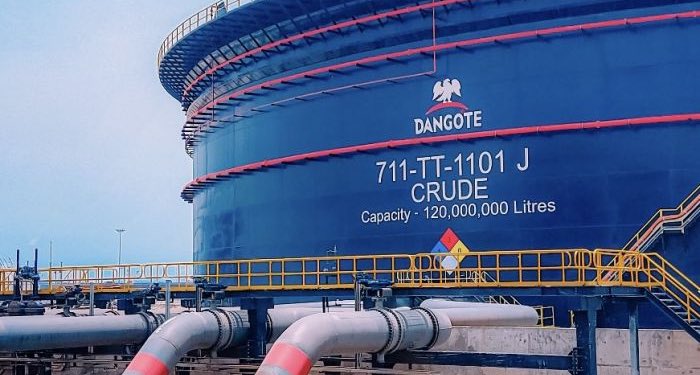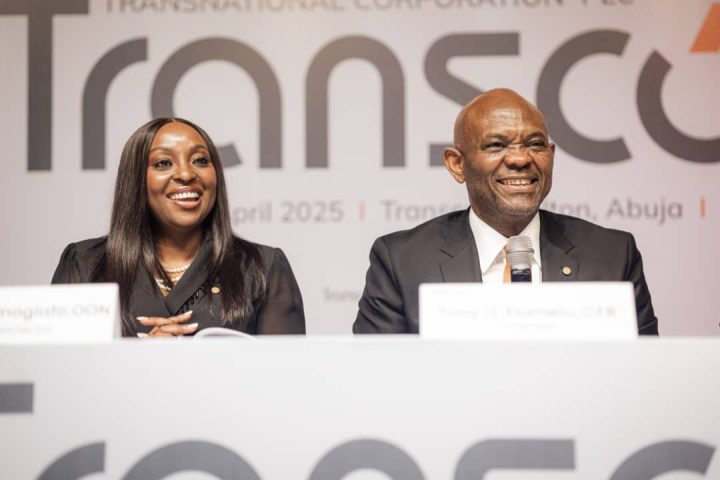Nigerians Brace as Fuel Prices Soar
With petrol prices already over N1,000 per litre in many regions of the country, Nigerians are grappling with the implications of an unstable fuel market that shows no sign of price dropping.
The possibility of further increases has sparked conversations among citizens, experts, and oil marketers alike, each expressing frustration and uncertainty over the future of fuel in the country.
Join our WhatsApp ChannelAs Bill Gillis-Harry, President of the Petroleum Products Retail Outlet Owners Association (PETROAN), put it, “Nothing is static. We can’t settle for any figure of fuel price at this moment.”
The Unpredictable Nature of Fuel Prices in Nigeria
Fuel prices in Nigeria have always been a point of contention, yet the last few months have intensified the issue to an unprecedented level. Amid deregulation, fuel costs have escalated, with prices surging past N1,000 per litre across various states. For many Nigerians, the question looms: will petrol prices reach the predicted N1,500 per litre by December?
The root of this uncertainty, according to Gillis-Harry, is the complete deregulation of Nigeria’s oil sector. With the market left to determine prices, fluctuations in global oil costs and the lack of a strong local refining industry leave Nigeria vulnerable to price hikes. “I am completely unable to give you an exact figure on what the fuel price will be in December 2024,” Gillis-Harry said in an interview. “What we need to focus on is ensuring sufficient stock of petroleum products to guarantee our energy security.”
Nigerian Voices on Rising Fuel Costs
For many Nigerians, the increase in fuel price isn’t just a number—it’s a harsh reality impacting daily life. The cost of fuel affects transportation, food prices, and even the cost of education, leading to widespread frustration among citizens.
“It’s like a nightmare that won’t end,” said Bola Abayomi, a driver in Lagos. “Every time I go to refuel, it’s like I am gambling. The price changes, and I end up paying more every week. How long can we keep living like this?”
Chika Eze, a business owner, echoed this sentiment. “With these fuel prices, I have to increase the price of goods, and customers don’t want to pay more. It’s a lose-lose situation. How are we supposed to survive?”
This sentiment is echoed across the country, where the rising cost of fuel impacts every aspect of life. The public transport sector, goods and services, and household budgets are all heavily reliant on affordable fuel prices, which now seem like a thing of the past.
READ ALSO: Fuel Price Chaos: From N195 To N1,200 In Less Than 2years Amid Economic Hardship
Experts’ Take on the Future of Fuel Prices
Economic experts and energy analysts weigh in on the complex issue of fuel pricing in Nigeria. Dr. Oladapo Johnson, an energy economist, explained that the current situation is the result of several years of inadequate infrastructure in Nigeria’s oil and gas sector. “We have relied on imports for too long, and as global oil prices fluctuate, we are exposed to every change in the international market. Local refineries would help, but the process to establish and operate them effectively will take years,” he remarked.
Dr. Johnson added that without substantial investments in refining capacity and alternative energy sources, the price of fuel will remain largely out of Nigeria’s control. “We’re dependent on the market. In the current system, any slight change in global oil dynamics will hit us hard. We need a sustainable strategy to manage our resources.”
Government Intervention: A Need or a Wish?
In response to the rising fuel price, oil marketers recently requested a N100 billion intervention from the federal government, warning that businesses in the petroleum sector are nearing collapse. The intervention would help stabilise prices in the short term, ensuring that fuel remains available to Nigerians. Yet, the government has not provided a clear response to this request.
For Nigerians, government intervention could be the difference between accessibility and scarcity. “The government needs to step in before it’s too late,” insisted Adewale Bakare, an oil industry worker. “If we keep going down this road without support, we’ll see businesses shut down and prices skyrocket even more.”
However, some Nigerians question if intervention alone would be enough. An issue of this scale, they argue, requires a more comprehensive approach, including sustainable energy policies and efforts to boost Nigeria’s refining capabilities. Without such steps, they fear a future of perpetual price instability.
A Call for Sustainable Solutions to Nigeria’s Fuel Price Crisis
While short-term measures like government intervention might provide some relief, experts agree that a sustainable approach is essential for Nigeria’s energy future. “We need local refining, renewable energy sources, and economic diversification,” Dr. Johnson stated. “Only then can we control our fuel price. Otherwise, we’re always at the mercy of global prices.”
In the meantime, Nigerians continue to shoulder the burden of high fuel prices. With no certainty on when relief will come, many are left questioning how long they can endure. For those like Bola Abayomi, each trip to the fuel station serves as a reminder of the volatility in the country’s energy sector.
Emmanuel Ochayi is a journalist. He is a graduate of the University of Lagos, School of first choice and the nations pride. Emmanuel is keen on exploring writing angles in different areas, including Business, climate change, politics, Education, and others.
- Emmanuel Ochayihttps://www.primebusiness.africa/author/ochayi/
- Emmanuel Ochayihttps://www.primebusiness.africa/author/ochayi/
- Emmanuel Ochayihttps://www.primebusiness.africa/author/ochayi/
- Emmanuel Ochayihttps://www.primebusiness.africa/author/ochayi/



















Follow Us